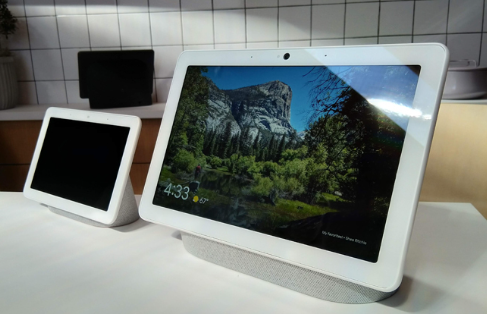Understanding the power of effective communication is essential in today’s fast-paced world. Whether in personal relationships or professional settings, strong communication skills can enhance collaboration, foster relationships, and resolve conflicts. This article explores key aspects of effective communication that can help you connect with others more meaningfully.
The Importance of Active Listening
Active listening involves fully concentrating, understanding, responding, and remembering what is being said. It’s not just about hearing words; it’s about engaging with the speaker. By practicing active listening, you show respect for the speaker and help build trust. This approach encourages a more open dialogue, allowing for a deeper understanding of perspectives and emotions. Remember, responding thoughtfully rather than immediately can often lead to richer conversations and clearer resolutions.
Non-Verbal Communication Matters
Non-verbal cues such as body language, facial expressions, and eye contact play a crucial role in communication. These cues can express feelings and attitudes that words may not convey. For instance, maintaining open body language can signal openness and confidence, while crossed arms might indicate defensiveness. Being mindful of your non-verbal signals, as well as interpreting others’, adds depth to communication and helps avoid misunderstandings. Paying attention to both verbal and non-verbal signals creates a more harmonious exchange of ideas.
Adapting Your Message
Tailoring your communication style to fit different audiences is vital for effective interaction. Understanding your audience—whether they are colleagues, friends, or family—allows you to adjust your tone, vocabulary, and even your pace of speaking. For example, using simpler language with a child and more technical language with a professional creates clarity and ensures the message is well-received. Adapting your message demonstrates empathy and respect for others’ backgrounds and knowledge, leading to more productive conversations.
In conclusion, effective communication is a skill you can develop and refine. By focusing on active listening, being aware of non-verbal signals, and adapting your style, you can improve your interactions significantly. Take the time to practice these techniques in your daily conversations, and watch how your relationships flourish. For more tips and resources on enhancing your communication skills, consider exploring workshops or online courses.

